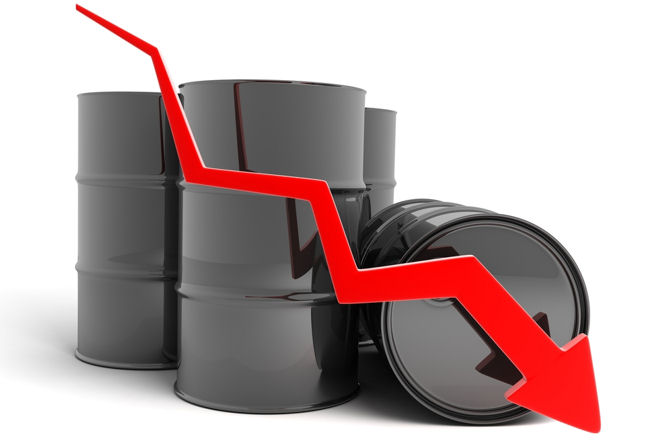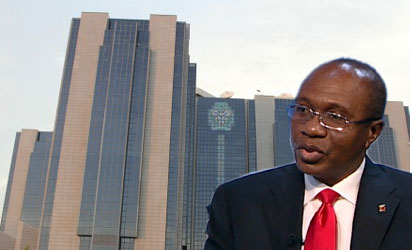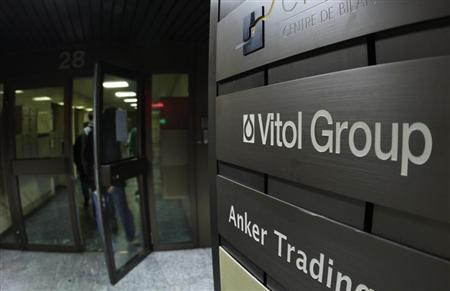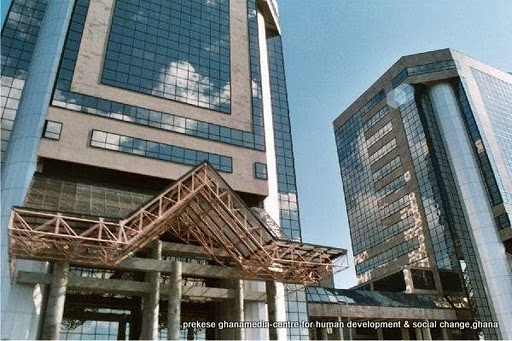The Nigerian economy has been hit by dwindling crude oil prices, leading to a shortage of foreign exchange, a shrinking economy and spiraling inflation, which have all impacted on the standard of living and impeded the ability of several state governments to pay the salaries of their workers.
Browsing: Financing
The Minister attributed the decline in revenue to explosions at the Escravos oil exporting terminal as well as the force majeure declared at the Brass terminal, which led to the shut-down of pipelines at other terminals for repairs and maintenance.
The report noted that the transition to a non-oil economy will not be an easy task, considering the lingering four concerns bordering on the business environment—corruption, inadequate infrastructure, low skill levels, and macroeconomic uncertainty.
22 March 2016, Lagos – Despite the poor electricity generation in the country, the Governor of Central Bank of Nigeria…
22 March 2016, Abuja – In a bid to tighten money supply in response to the sharp increase in inflation…
22 March 2016, Abuja – The Chairman, Senate Committee on Appropriation, Senator Danjuma Goje, on Tuesday presented the report of the…
22 March 2016, London — Vitol’s (VITOLV.UL) 2015 revenue fell 38 percent to $168 billion, its lowest since 2009, in…
22 march 2016, Sweetcrude, Lagos — Local and international financial market products and services update. NIGERIA: Tired of endlessly waiting…
The statement added that while the said report claimed that NNPC owed the sum of N3.2 trillion to the Federation Account in 2014, from domestic crude sale, the Commission’s records revealed that the corporation owed the Federation Account the sum of N1.99 trillion only in 2014 from domestic crude sales.
21 March 2016, Abuja — The interbank lending rates- Open Buy-Back, OBB, and overnight trended upward throughout last week, closing…










